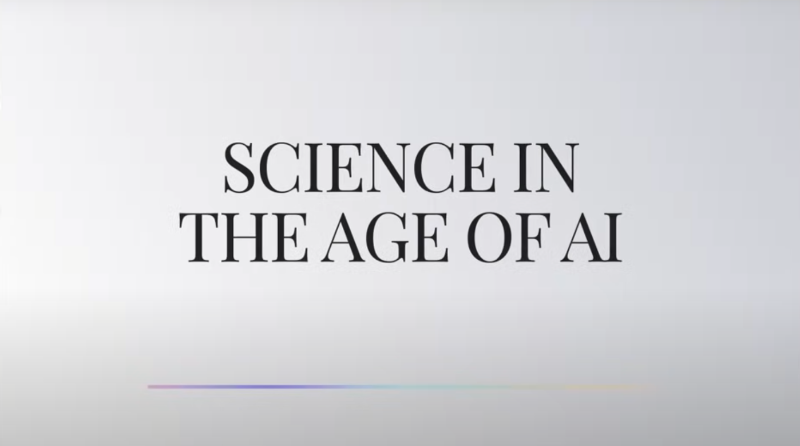by Karolinska Institutet
Credit: Pixabay/CC0 Public Domain
Are you tormented by an exaggerated fear of harming your child? Relax—it's common, and research shows that it's also treatable.
You're holding your newborn baby in your arms when the thought pops into your head—what if you happened to throw your baby out of the window? You get scared and wonder if you're losing your mind.¨
Half of all parents have such intrusive, unwanted impulses.
"It's important to know that there's no correlation between taboo compulsions and actually harming someone," says psychologist Klara Olofsdotter Lauri, who recently earned her Ph.D. with a thesis on the subject from the Department of Clinical Neuroscience, Karolinska Institutet.
External dangers
Hypotheses vary on why taboo compulsions are so common in new parents. They're tuned into external dangers, so maybe it's natural for them to look for hidden dangers in themselves, too. But for about 20 percent of them, such thoughts and the fear of acting them out are distressing and recurring.
"They can end up restricting their lives as parents by, say, refusing to walk with the pushchair alongside a busy road," says Dr. Olofsdotter Lauri.
In extreme cases, it segues into OCD, which stops many parents from seeking help out of fear of being judged a danger to their baby and losing custody.
Digital intervention
There are currently no recommended treatments for parents who suffer from high levels of taboo compulsions. In her thesis, however, Dr. Olofsdotter evaluated a digital intervention, still at the research stage, in which participants were asked to perform a range of cognitive exercises to help them reinterpret their thoughts. The procedure reduced the distressing thoughts compared with a group that received no treatment.
"Taboo compulsions say nothing about you as a person," she says. "They are, in fact, harmless. Learning to interpret them correctly—'That was a crazy thought, but it's OK'—is the key. That's our goal."
More information: Thesis: openarchive.ki.se/xmlui/handle/10616/48961
Provided by Karolinska Institutet







Post comments